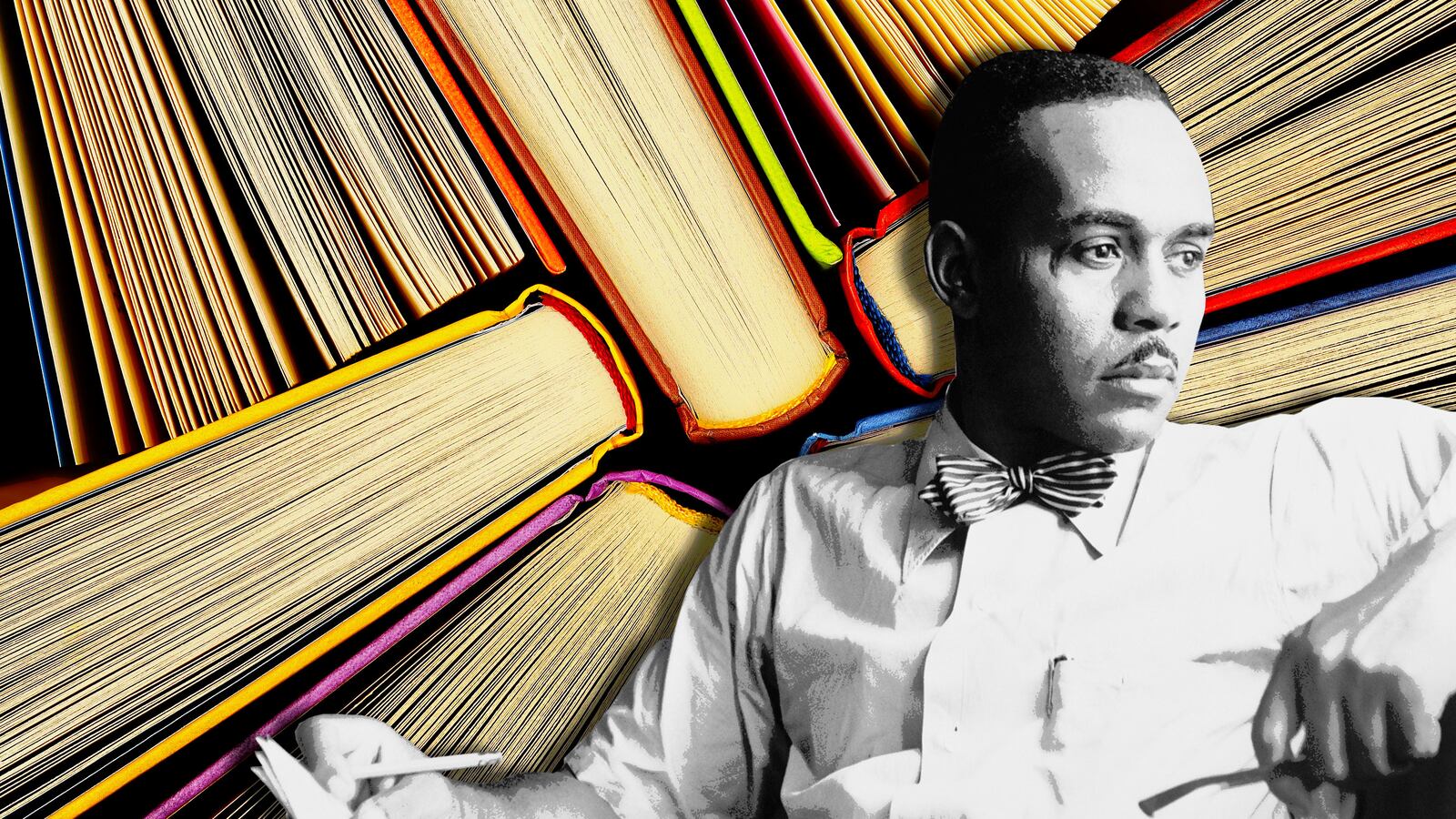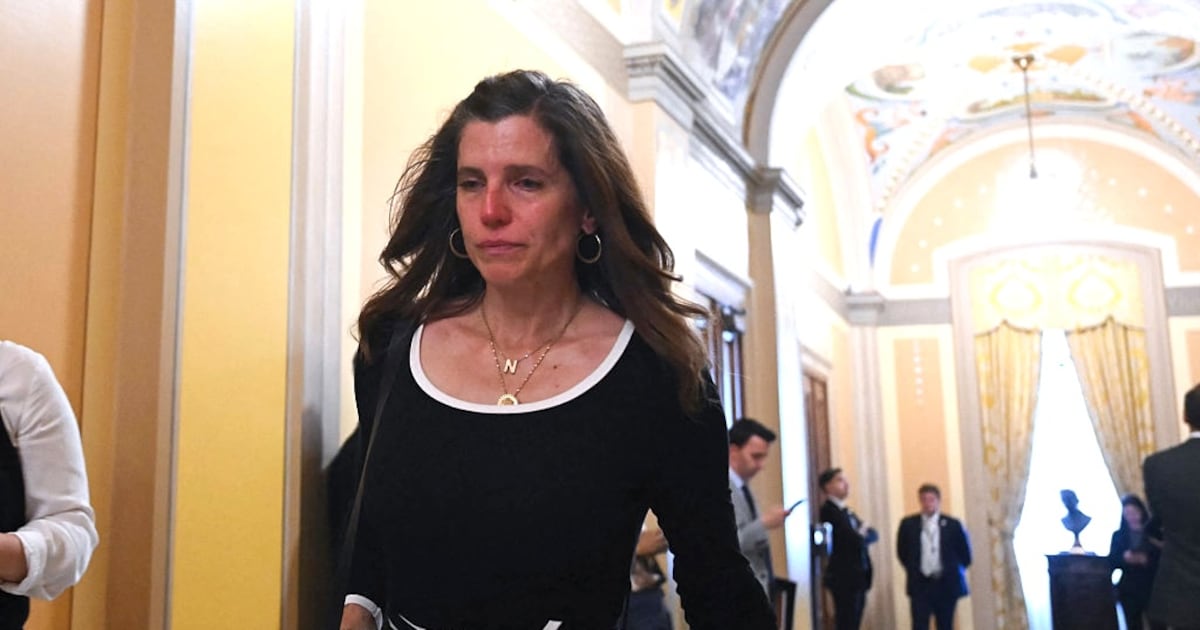On Tuesday night at the New Jersey Performing Arts Center in Newark, Don Katz, founder and CEO of Audible, Inc., talked about his relationship with the author Ralph Ellison by way of introducing “Jazz in the Key of Ellison,” a musical and spoken word tribute to the author of Invisible Man that included performances by Wynton Marsalis, Catherine Russell, Talib Kweli, Angelique Kidjo, and numerous other musicians and actors.
During the winter of 1971 I was a freshman at NYU, and I read two books that changed me.
The first was Faulkner’s The Sound and the Fury—a book I read in a single afternoon-to-dawn sitting.
The second was Invisible Man, an astonishingly artful and complex work of literature written by a man I heard was actually teaching a course at NYU the next semester.
Over the next three years, after Ralph Ellison allowed me into a small seminar focused on the American vernacular, and a year after that, when he took me on as a tutee every Wednesday afternoon until I graduated, one of the greatest of all American writers taught me how to read.
Ralph also helped me gain the courage and occasional insight to write, and I went on to make a living as a writer for 20 years after that. Ralph encouraged me and spoke up for me publicly until he died in 1994.
I learned from Ralph Ellison that Americans worked to create an identity from a synthesis of divergent cultures. We created a distinctive way of talking and telling stories, which led to the distinctive voice in the way we wrote.
We built American vernacular buildings and invented American techniques and technologies. We spawned singularly American musical art forms … jazz and the blues.
I understood from Ralph that the American experience derived from the process of a nation constantly making and remaking itself, a place that needed to create its own myths and art and even its own sounds because we had to.
I think it is fitting that we are celebrating Ralph Ellison in Audible’s hometown of Newark, a city essential to the history of jazz and to the African-American cultural, historical, and political experience.
While Ralph Ellison taught me that Americans needed to create our own archetypes and myths, he also conveyed that in a nation creating itself without kings, a new order was created based on the color of people’s skin.
It is also fitting that we are here to celebrate Ralph and jazz. On those long afternoons when he taught me, he would talk about Duke and Louis as if they were in the room, and he would help me understand what he called an “outlaw art” that was tethered directly to the sounds of African-American stories and prayer and protest.
Because of Ralph I always heard the sound of what I read and what I wrote. Well-composed words sound like music to me, and after being a writer for 20 years, this led directly to an idea that became Audible.com and our 20-years of applying new technologies to the celebration and elevation of the unbridled power of the well-spoken word.
If you come to our headquarters down the street, where nearly a thousand Audible employees work, you will see dozens of conference rooms named for illustrious people who came from or made an impact on Newark. There’s the Philip Roth room. Stephen Crane, Allen Ginsburg, Shaquille O’Neal, Wayne Shorter, and Gloria Gaynor all have rooms… as do the city’s illustrious inventors and Newark’s Alma Flagg, who in 1964 became the city’s first African-American principal of an integrated school.
There is museum-like copy on the doors about each person for whom these rooms are named.
A few feet from my cube is the Ralph Ellison room, and I want to read what I wrote about Ralph for the glass wall I see every day: Ralph Ellison’s understanding of the power of the oral tradition and his ability to hear the music in well-wrought arrangements of spoken words informed the vision and mission of Audible from the beginning. Ellison was the teacher and mentor of Audible’s founder. According to Ellison, the way the early American vernacular embraced storytelling around campfires, the braggadocio of our salesmanship, and the sound of our lamenting in the fields became the distinctive voice that defined American novels and our singularly “conscious and conscientious” culture, a culture that created itself “out of whatever it found useful.” Ellison loved the melodies in language and he told stories in a voice that sounded like a coal car coming out of a mine. He loved enormous cigars, jazz, and ideas. In many ways Audible exists to honor his legacy.
Don’t let anyone ever tell you that great teachers can’t direct the course and meaning of a life.
The audiobook for Invisible Man, performed by Joe Morton, will be free on Audible until Dec. 31 at audible.com/Ellison.
Founder and CEO of Audible, Inc. Don Katz was for many years a journalist and the author of five books, including Home Fires: An Intimate Portrait of One Middle-Class Family in Postwar America.




